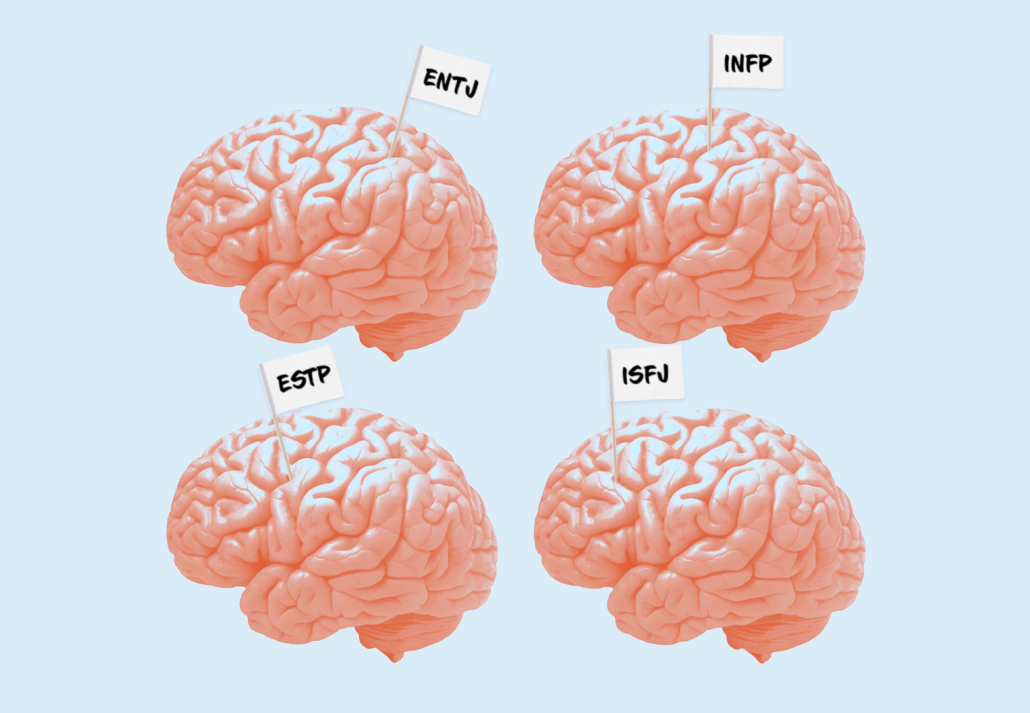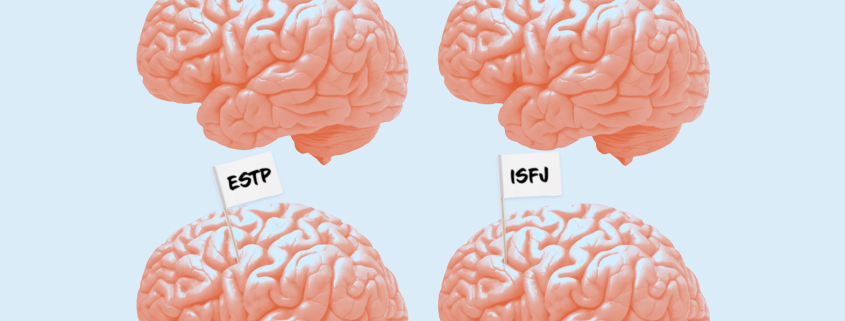Modern Mind: Personality tests are neuroscience theatre

Neurons in our brains fire like shooting stars, and our personality is its meteor shower.
I remember when I first took the Myers-Brigg Type Indicator personality assessment. Inspired by Jungian theories about personality types, the Briggs’ personality assessment concluded that I was an I.N.F.J. (Introversion, Intuition, Feeling, Judgment), or “Advocate” — which is apparently the rarest personality type of them all.
“People with this personality type look for depth and meaning in their relationships, preferring not to settle for a match that’s founded on anything less than true love.”
I audibly gasped. While I secretly felt special in that I was “rare,” I certainly didn’t want this trade off for my happily ever after.
To this, a horoscope believer would say, “You’re such an Aquarius. You have an unrealistic, idealistic idea of what love looks like.”
However, in astrology and fortune telling, the Forer effect falsely persuades people their personality descriptions apply only to them. This phenomenon similarly takes place in the world of personality tests.
Personality assessments, such as the M.B.T.I., craft a narrative for you. Non-scientific type-based tests can create a fixed, tunnel-vision mindset in people and lead them to believe that they can’t change or improve themselves.
In a 2014 study that traced people’s goals for personality, 97% of participants said they were more conscientious. According to Roy Baumeister’s notion of “crystallization of discontent,” people tend to reshape their core values once they realize shortcomings in their lives.
According to Brian Little, a professor of psychology at the University of Cambridge and a fellow at the University’s Well-Being Institute, we can actually act against our biology and transcend seemingly set in stone personality traits, good or bad, especially if we pursue a “core life project.”
There is science to personality. The Big Five Personality test, a data-backed personality test, grades an individual on five basic traits — Openness, Conscientiousness, Extroversion, Agreeableness, Neuroticism — on a spectrum. However, wherever you score will change throughout your life.
In AP Psychology, I was the only one who scored the highest in neuroticism. When I looked up the definition of “neuroticism,” I was met with words such as “anxiety,” “emotional instability” and “depression.” People who score high in neuroticism tend to feel dissatisfied with themselves and their lives. They tend to feel more negative emotions more intensely and neuroticism is often associated with a diminished quality of life.
To say the least, it was an unpleasant read. From there on, I’d be lying if I said that my diagnosed “neuroticism” didn’t creep up on me whenever I received bad news.
Personality has a biological basis. The frontal lobe is home to our personality and twin studies have shown that personality can be half attributed to genetics and the other half to environmental influences.
I’ve changed, and my “neuroticism” is most certainly not a defining hallmark of my character.
Personality neuroscience is currently being studied through a data science lens. Founded in 2014, Faception specializes in revealing someone’s personality just by looking at their face. Founded in 2014, the facial personality profiling company says that personalities are affected by genes and our face is a reflection of our DNA. Additionally, NeuroColor is the world’s first and only personality assessment created from empirical data gathered from biological and neuroscience research used to enhance work performance in tech, business and healthcare.
Personality testing is a two-billion dollar industry, and its application to business is ever growing. While personality tests are used to improve teamwork and collaboration in the workplace, they can be divisive and articles such as “19 Absolute Worst Jobs for Introverts That Cause Burnout” have poor scientific validity. It is equivalent to getting your fortune told and following through with it for the rest of your life.
Personality tests should be taken with a grain of salt and it should not dictate how you live your life.
It is impossible that 7.9 billion people can be classified into 16 personality types or even five personality traits on a spectrum. Personality is a beautiful spectrum that is far more nuanced and complex than what personality tests confine them to.
Victoria Chan is a senior writing about neuroscience and the innovations of the field. Her column, “Modern Mind,” runs every other Friday.

